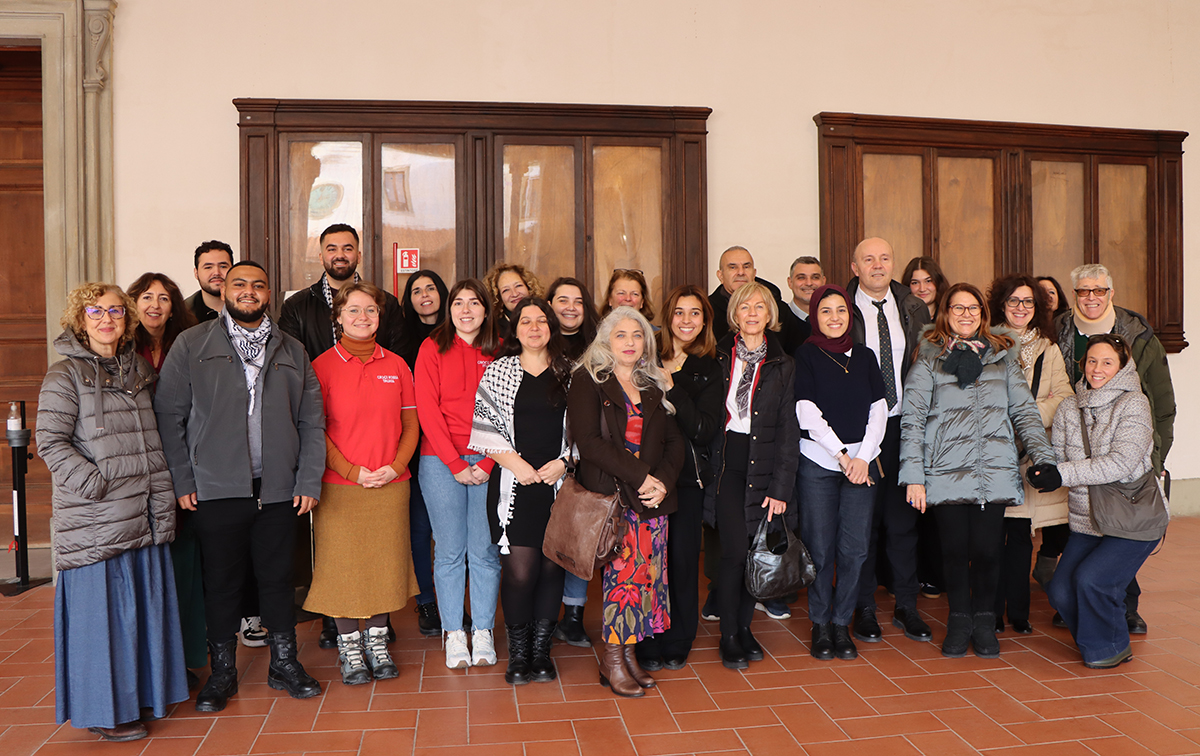From Tuscany and Pisa comes a result that could mark a turning point in the fight against antibiotic-resistant bacteria. Nature has published an innovative study on the effectiveness of monoclonal antibodies (identical laboratory-produced copies of natural antibodies) in countering the Klebsiella pneumoniae NDM antibiotic-resistant bacterium, which the World Health Organisation has identified as a top-priority threat to public health.
The research stems from the clinical and scientific activity of the Infectious Diseases Unit of Pisa University Hospital, directed by Marco Falcone, Professor of Infectious Diseases at the University of Pisa, with the contribution of infectious disease specialists Giusy Tiseo and Valentina Galfo, in collaboration with the Bacteriology and Microbiology Section led by Simona Barnini. By analysing blood samples from patients hospitalised with—and subsequently recovered from—Klebsiella pneumoniae NDM infections, the researchers identified natural antibodies capable of neutralising the bacterium. These antibodies were then engineered in the laboratory by the team of Rino Rappuoli, Scientific Director of the Biotecnopolo Foundation in Siena and a leading figure in global immunology, who was also instrumental in the development of monoclonal antibodies against Covid-19.

According to the study, the isolated antibodies proved particularly effective against the ST147 clone of Klebsiella pneumoniae NDM, responsible for endemic cases in Tuscany and also circulating in other regions. In laboratory tests and animal model studies conducted at the Hartford University (USA), these monoclonal antibodies demonstrated powerful bactericidal activity.
“This result,” stressed Marco Falcone, “confirms the excellence of Tuscan research on multidrug-resistant pathogens and opens concrete scenarios for new therapeutic strategies. In the future, these antibodies could be used both to prevent infection in vulnerable patients colonised by the bacterium and as therapeutic support in severe cases.”
Italy is among the European countries with the highest levels of antimicrobial resistance, and the spread of multidrug-resistant enterobacteria such as Klebsiella NDM has become an endemic problem, particularly in Tuscany. This bacterium, resistant to carbapenems—last-resort antibiotics—can cause serious infections of the respiratory and urinary tracts, bloodstream and wounds, posing a major risk to the elderly, premature newborns, hospitalised patients and immunocompromised individuals.



